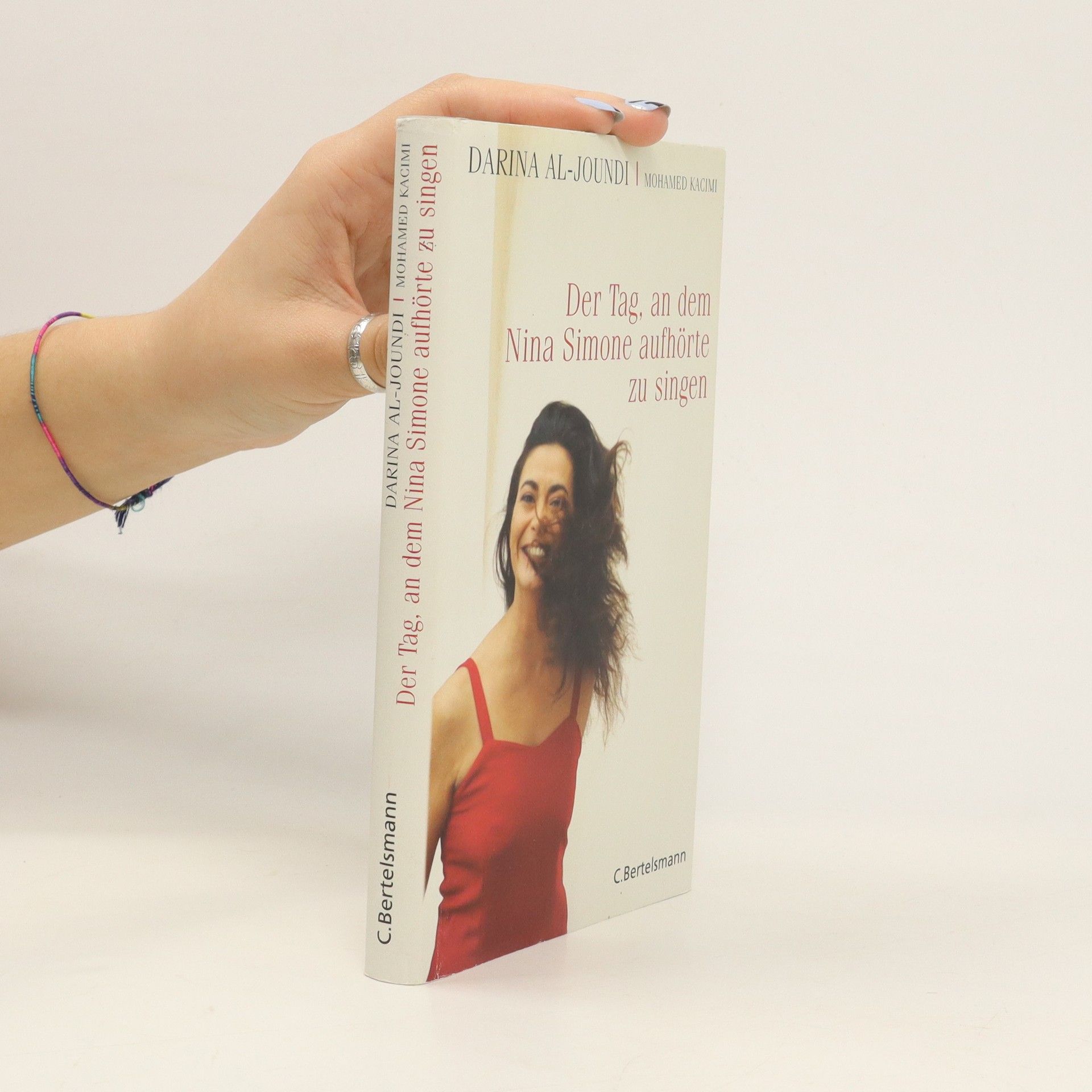Set in Cairo during the vibrant period of the 1920s, the narrative centers around May Ziadeh, a key figure in the Arab feminist movement and the beloved of Khalil Gibran. As she navigates the intellectual circles of the time, her life takes a dramatic turn, leading her to confront the loss of everything she holds dear and to fight for her own freedom amidst the cultural renaissance.
Darina Al Joundi Knihy



On the evening of her father's funeral, while his family recites suras from the Koran, Noun interrupts the ceremony. Faithful to the memory of her father, a writer and journalist, a freedom fighter, she decides to put an end to this memorial and to make sure that her father's last wishes are respected: to be buried to a jazz tune. Locked up with the dead body, Noun looks back on her experience in Lebanon. She reminisces about the war, the straitjacket of religion, the weight of prejudice and her struggle against an all-powerful male society that forbids women to speak. Le Jour où Nina Simone a cessé de chanter (The Day Nina Simone Stopped Singing) was an instant sensation when it was first performed as a one-woman play at the Avignon festival in July 2007: it sold out at every performance and resulted in multiple runs in Paris and throughout France.
Eine außergewöhnliche Jugend in Beirut „Ihr seid freie Mädchen.“ Mit dieser ebenso beglückenden wie gefährlichen Botschaft schickt der Vater der Libanesin Darina al-Joundi seine Töchter ins Leben. Er selbst ist ein Freigeist, lebt ihnen religiöse Toleranz und Genuss vor und hört lieber Nina Simone als arabische Musik. Darina genießt ihre Kindheit in der bunten Oase Beirut. Doch dann kommt der Krieg. Der täglichen Todesbedrohung begegnet Darina mit exzessiv durchfeierten Nächten und dem Ausleben ihrer sexuellen Neugier. Doch als sie merkt, dass sie damit ihre konservative Verwandtschaft provoziert, ist es fast schon zu spät. Eine ungeschönte, aber auch sehr poetische Beschreibung einer außergewöhnlichen Jugend in Beirut und ein Aufschrei gegen jede Form von Unterdrückung. Ein berührender Einblick in den Konflikt zwischen Tradition und Moderne in einer muslimischen Familie.